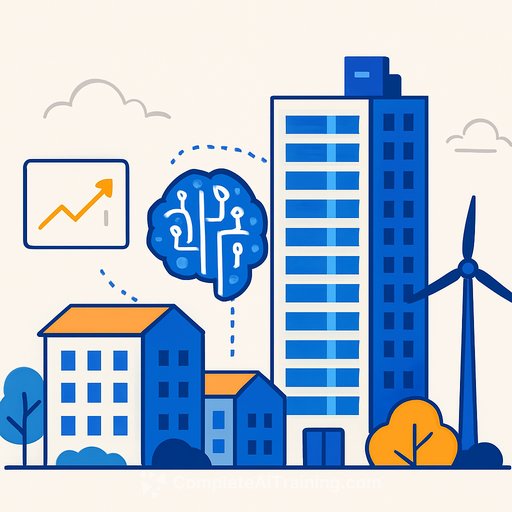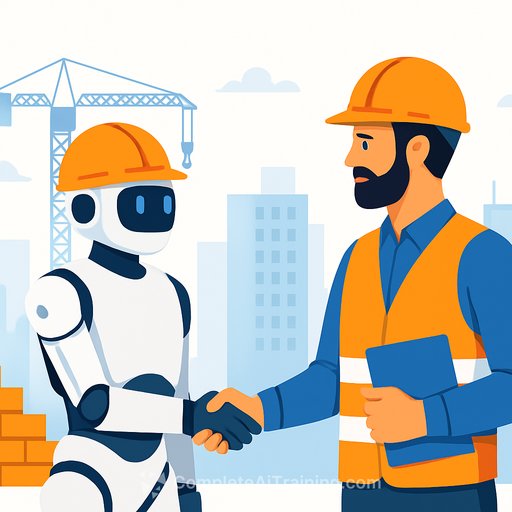Construction Firms Advance AI and Cybersecurity but Struggle with Integration, Wipfli Reports
Construction companies are investing more in artificial intelligence and cybersecurity, yet many face challenges in fully integrating these technologies into their operations. Despite heavy spending, cybersecurity breaches remain common, and manual reporting processes still slow down decision-making. The industry is moving toward faster, smarter decisions by adopting advanced data analytics and automation, but progress varies across firms.
Key Highlights
- Most construction firms have an AI strategy, but actual integration into daily decision-making is limited.
- Cybersecurity remains a critical issue, with 80% of firms reporting breaches in the past year despite planned investments.
- Smaller firms are catching up, with two-thirds now reporting an AI strategy, showing broader industry adoption.
- One-third of firms have achieved real-time, automated decision-making, moving closer to predictive intelligence.
- Larger organizations lead in data analytics and cybersecurity, but some still depend on manual reporting processes.
Wipfli’s 2025 State of Technology in Construction report surveyed 308 executives, revealing that most companies are still early in their tech journeys. While 82% say they have an AI strategy, few have embedded AI into key decisions. Cybersecurity remains a top concern: 73% plan new investments this year, yet 80% experienced a breach over the last 12 months.
Encouraging signs include two-thirds of the smallest firms adopting AI strategies and 43% of all firms reporting full integration of advanced technologies. Importantly, one in three firms now uses real-time automated decision-making, an essential step toward predictive intelligence capabilities.
Larger firms, especially those with annual revenues over $250 million, tend to lead in data analytics and cybersecurity. However, 12% of these companies still rely mostly on manual reporting, indicating room for improvement.
“Technology maturity in construction is still in its adolescence,” the report states. Integration is not optional — it’s essential for speed and value. The next phase for construction leaders is moving beyond experimentation to enterprise-wide technology alignment, ensuring that technology drives smarter, faster decisions instead of just serving as a tool.
Why This Matters: Trends You Can’t Ignore
- AI strategies are widespread but mostly surface-level, showing limited deep adoption.
- Cybersecurity is a universal risk, with nearly all firms affected by breaches.
- Real-time automation is becoming a key advantage for companies advancing their digital capabilities.
For construction professionals looking to deepen their AI knowledge and skills, exploring courses on Complete AI Training can provide practical insights into applying AI effectively in real estate and construction settings.
Your membership also unlocks:






